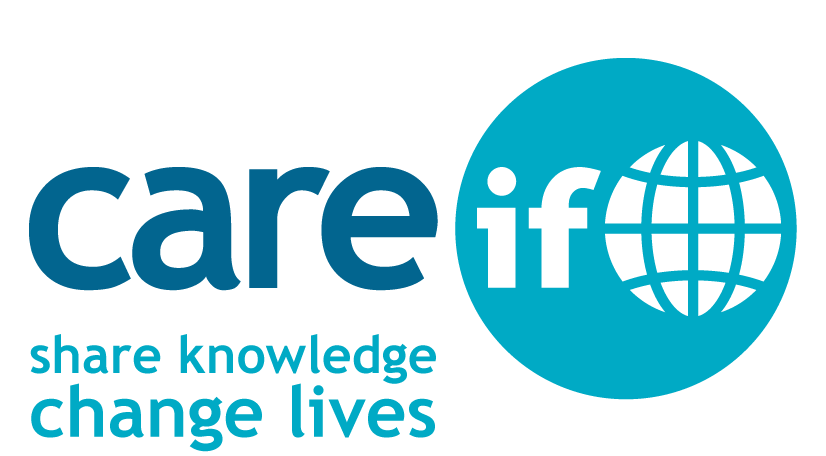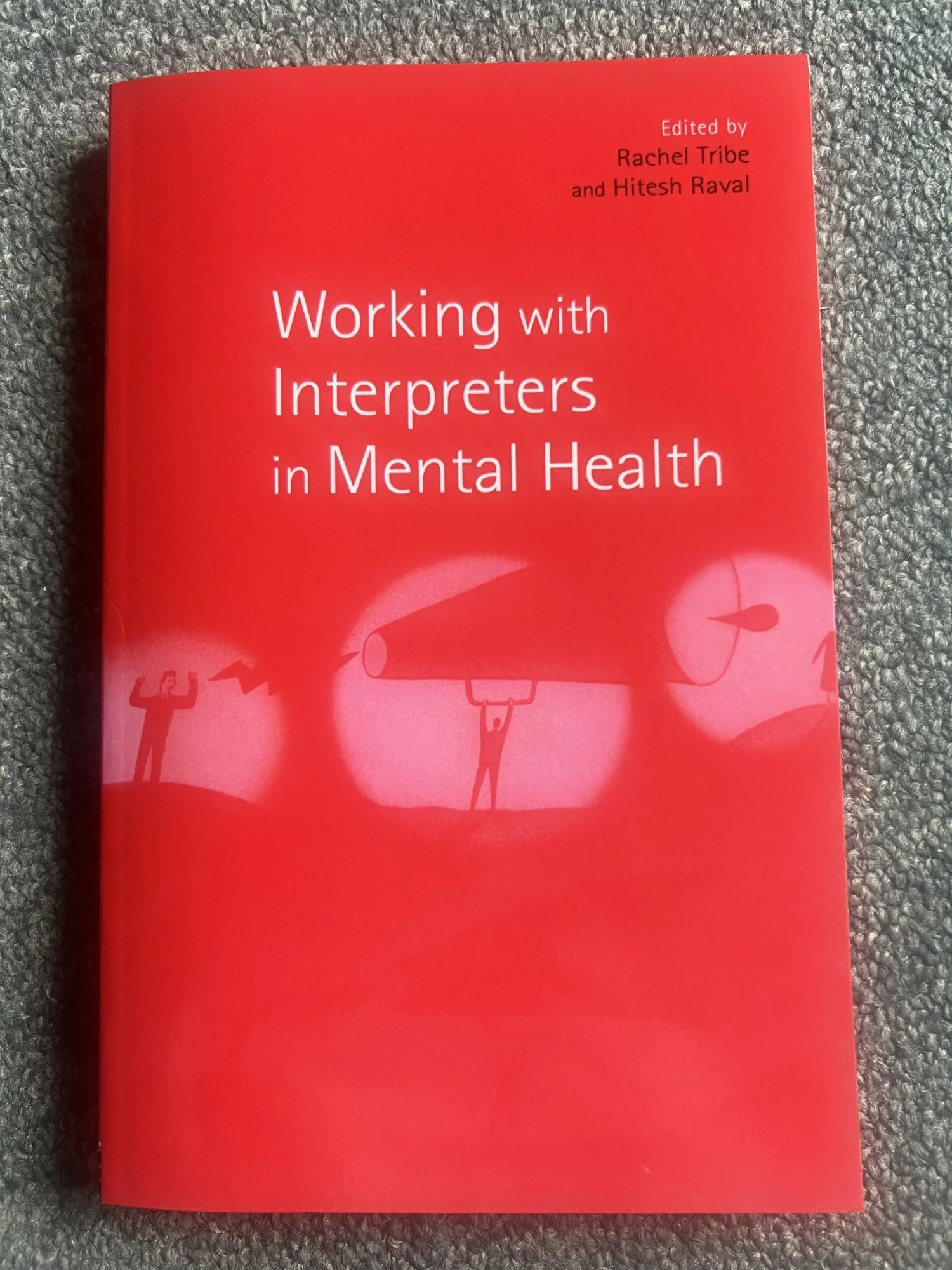Round-up of recent Careif activity
It’s been a busy time for Careif. Here is a round-up of some of the recent engagements and events that we have been involved with.
Seminar on understanding depression
In March, Professor Rachel Tribe organised and chaired a seminar on Understanding Depression given by Dr Rashmi Shankar online at the Samutthana Mental health resource centre in Colombo, Sri Lanka.
The session was well attended. The material covered included looking at classical and contemporary sources of information and thinking about depression, it also covered the WHO cross national studies on depression, looked at the complexities in this area, considered neurodiversity, and Adverse Childhood Experiences and adversities.
Dr Shankar gave a very broad and thorough overview of the topic. The seminar was described as “very insightful and useful,” and that “Dr Shankar’s insights and depth of knowledge were invaluable,” and “the session was incredibly engaging”.
Participants attended from a variety of places in Sri Lanka. The session was organised by Samutthana and Careif, participants were particularly grateful that Dr Shankar was offering this informative session during her annual leave.
Conference symposium
Professor Rachel Tribe in opening panel of conference
At the start of April, Professor Rachel Tribe was an invited opening panel member at the International Council of Psychologists, 83rd International Meeting which was held in Rotterdam, Netherlands.
She also was part of a symposium on The Potential Psychological effects of Forced Displacement on Wellbeing and Mental health for Individuals. Families and Communities.
Two colleagues from the University of East London also took part in the symposium, Dr Claire Marshall spoke on Medical Legal reports for immigration and asylum cases: the ethics of pathologizing forced migrants and Dr Raisa Kumaga spoke on Exploring emotional responses and self-concealment: the Psychological Experience of Second-Generation Somalis with a Parental Forced Migration background from the 1990s civil war.
The conference was attended by people from numerous countries and took place over three days.
Forum participant
At the end of April, Professor Rachel Tribe was an invited discussant at the Global Counselling Psychology Forum, on the topic of Advocacy within Mental Health. People attended from around 20 countries and Rachel was able to draw on her research, clinical and community work and she also drew upon the chapter she published with Ben Amponsah on the topic of Is advocacy work within mental health: an issue of social justice or an inappropriate challenge to professional neutrality? People attended from every continent and a lively discussion took place.
You can watch the event in the video below. The discussion featuring Professor Tribe starts at 46 minutes:
Migration and border studies conference
Another engagement at the end of April saw Professor Rachel Tribe as an invited chairperson at a conference on Migration and Border Studies: prospects and Possibilities within and beyond Academia which was a two-day interdisciplinary event held at Queen Mary, University of London.
The conference organisers described the conference as below.
Amid rapidly evolving political dynamics, legal frameworks and praxis, this timely intervention is informed by pivotal debates on the enduring coloniality of migration and border studies. We aim to critically examine epistemological imbalances regarding who produces knowledge, and whose knowledge counts, in spaces inhabited by diverse actors ranging from migrants, refugees and asylum seekers to academics, activists, and policymakers.
Emphasizing the need for interdisciplinarity in fields characterised by multiple and overlapping areas of inquiry, our goal is to explore the possibilities for productive collaboration among scholars, practitioners, and those with lived experience of migration.
These discussions are taking place against a backdrop of escalating anti-migrant rhetoric and systemic and normalised embodied violence fuelled by the rise of populism, authoritarianism and social media-enabled disinformation. Additionally shifting research funding landscapes presents both challenges, and generates possibilities, for creative thinking and doing migration and border research differently.
Presentation to clinical psychology students
Working with Interpreters in Mental Health
At the start of May, Professor Rachel Tribe was invited to speak to a group of clinical psychology students at the University of Oslo, Norway as an invited expert on Working with Interpreters in Mental Health. The group asked a number of detailed questions and described the talk as very interesting and informative.
The seminar was based on research that Professor Tribe has undertaken in this area including a book on the topic and national guidance she co-wrote for the British Psychological Society.


